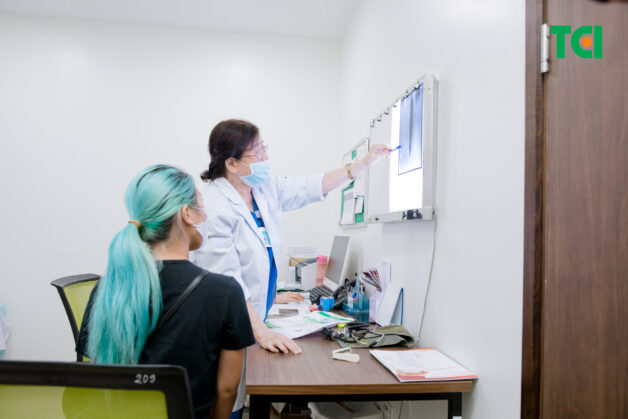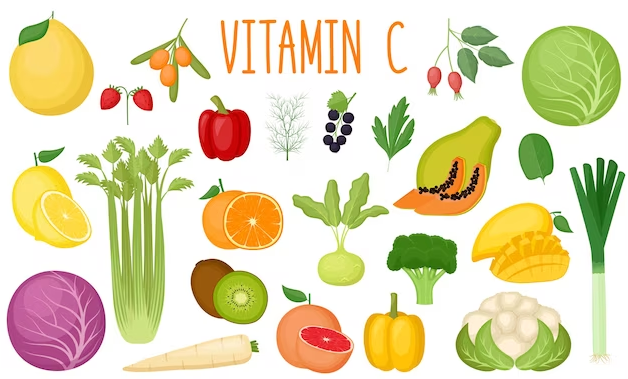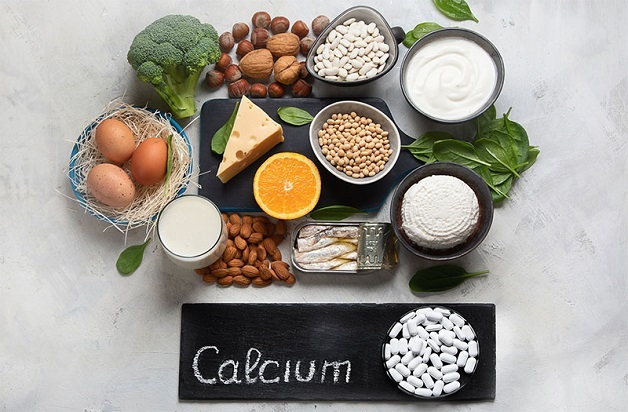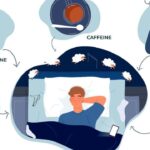Herniated discs pose significant challenges for patients, but the right nutrients can aid in improving their condition. The musculoskeletal specialists at TCI Thu Cuc TCI Healthcare System offer insights into dietary supplements to enhance recovery in the following article.
1. Identifying Causes of Herniated Discs
The causes behind disc displacement vary widely and can include:
– Spinal injuries from workplace accidents or vehicular collisions
– Repetitive heavy lifting leading to workplace injuries
– Incorrect lifting postures resulting in disc misalignment
– Spinal degeneration
– Excessive body weight exceeding healthy limits
– Other factors such as genetics or congenital conditions
2. Recognizing Distinctive Symptoms of Herniated Discs
Symptoms vary depending on the location of the herniation in the spine. Two primary symptoms include:
– Back pain
– Tingling or numbness in the limbs
Additional warning signs may include:
– Sensations akin to discomforting prickling
– Difficulty walking or grasping objects
Specific pain locations due to disc herniation include:
– Cervical disc herniation causing pain in the neck, shoulders, extending down both arms, and affecting fingers and palms.
– Lumbar disc herniation resulting in intense lower back pain, radiating to thighs and buttocks, extending to calves and even the feet and toes.
3. Assessing the Risks Associated with Herniated Discs
Patients often experience chronic discomfort, limited mobility in limbs, and in severe cases, permanent disability without timely treatment. For individuals with discs pressing on spinal nerves, loss of arm mobility or difficulty in arm extension may occur, severely impacting daily activities.

Seeing doctor early can help you manage herniated disc before it progresses into more serious conditions.
4. Essential Nutrients for Herniated Discs
In addition to medical treatment, dietary considerations play a crucial role in managing this condition. Specialists recommend including the following nutrient groups:
4.1. Protein
Proteins present in discs support spinal structure. Thus, supplementing proteins aids in disc regeneration. Protein-rich foods include lean poultry, seafood, fatty fish, and various legumes.
4.2. Vitamin C
Vitamin C stimulates collagen synthesis, a vital component of discs. It possesses strong anti-inflammatory properties, helping prevent complications such as spinal cord inflammation. Sources include citrus fruits, dark leafy greens, and colorful vegetables.

Vitamin C is an essential nutrient for herniated disc
4.3. Glucosamine
Similar to vitamin C, glucosamine promotes collagen production and joint fluid secretion, aiding in improving herniated disc symptoms. Foods rich in glucosamine include ribs, animal cartilage, shellfish, mushrooms, algae, and seaweed.
4.4. Magnesium
Magnesium prevents excessive sensitivity of peripheral nerves, reducing spinal pain. A deficiency can lead to decreased bone density, making the spine vulnerable to herniated discs. Food sources rich in magnesium include fatty fish, green beans, black beans, red beans, sesame seeds, cashews, almonds, spinach, and kale.
4.5. Calcium – One of crucial nutrients for herniated disc
Individuals with spinal conditions benefit from sufficient calcium intake, enhancing spinal strength and reducing associated risks. Sources include dairy products, shellfish, and various nuts and seeds.

Calcium is one of essential nutrients for herniated disc
4.6. Vitamin D
Vitamin D aids in calcium absorption, essential for bone health. Its deficiency increases the risk of osteoporosis and worsens herniated disc symptoms. Besides sunlight exposure, dietary sources include dairy, cheese, eggs, fatty fish, and fortified foods.
4.7. Antioxidants
Foods rich in antioxidants possess anti-inflammatory properties, aiding in pain reduction and inflammation mitigation. These include cruciferous vegetables, tomatoes, berries, avocado, legumes, nuts, seeds, and vegetable oils.
5. Foods to Avoid
Patients should refrain from consuming:
– High-fat and fried foods, as well as fatty meats, exacerbate symptoms.
– Alcohol and stimulants like beer, alcohol, and coffee should be limited.
– Spicy foods can worsen back pain and should be avoided.
– Purine and fructose-rich foods such as pickles, organ meats should be limited due to their inflammatory effects, worsening pain.
These dietary guidelines provide a comprehensive approach to managing herniated discs, alleviating symptoms, and promoting recovery.








